 We’re not driving as safely as we used to. Crash numbers in Michigan tell the story: post-COVID accidents are up, with more speeding, distracted driving, and impaired driving behind the wheel. And if you’re in a crash while breaking the law, the odds of being found at fault skyrocket.
We’re not driving as safely as we used to. Crash numbers in Michigan tell the story: post-COVID accidents are up, with more speeding, distracted driving, and impaired driving behind the wheel. And if you’re in a crash while breaking the law, the odds of being found at fault skyrocket.
If you have Unlimited Personal Injury Protection (PIP), your auto accident medical bills are covered for life — no deductibles, no co-pays — even if you are 100% at fault.
Michigan’s revised no-fault laws (in effect since 2020) created options other than Unlimited PIP for us to lower our insurance bills. More drivers are taking advantage of these options and have selected a PIP limit — say $250,000 — expecting their health plan to cover the rest. This is a good move if you are aware of the additional financial risk you are taking on. Here’s how it would work if you or a family member is seriously injured in an auto accident:
PIP always pays first when you have a PIP limit. Once your limit is gone, your health plan takes over. $250,000 can disappear fast in a serious crash. You don’t get to decide what PIP pays for and what your health plan pays for.
Most health plans don’t cover costly long-term care like rehab, in-home nursing, or special equipment — and they pile on deductibles, co-pays, and restrictions.
If you’re forced into the legal system to chase payment, lawsuits take time. Meanwhile, the bills are yours to pay. And here’s the kicker: if you’re 100% at fault, Michigan law says you can’t sue for medical costs or pain and suffering. At 50% fault, you only recover half.
So ask yourself: how much did you really save by giving up Unlimited PIP for yourself, your spouse, and your kids? Is it worth the gamble? Think it over and be honest about your driving habits. Then call your insurance agent and have a good conversation if you’ve opted out of Unlimited PIP.

